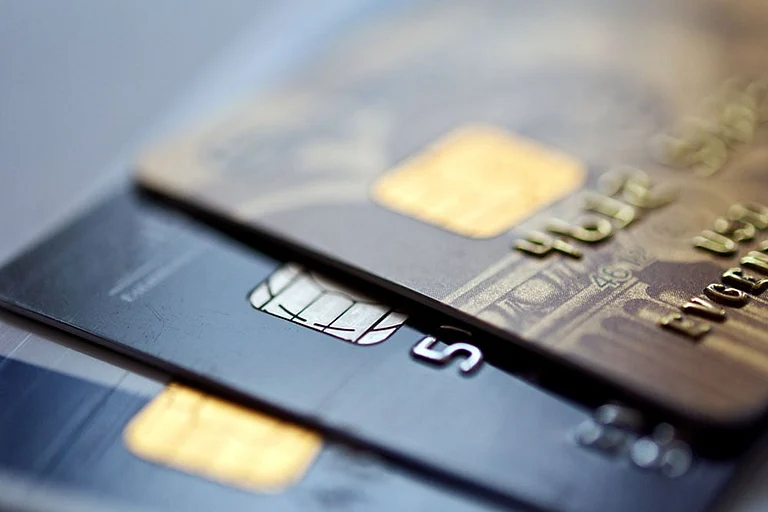Credit cards, known for their convenience, bonuses, and discounts, can sometimes lead to unprecedented debt traps. If not used cautiously, an individual might end-up burning a hole in their pocket instead of gaining the benefits of credit cards.
How To Bring Credit Card Spending Under Control
Here are 5 tips to tackle overspending via credit cards
To help with usage of credit cards, here are five ways that can help manage credit card expenses:

A key factor in maintaining credit cards is controlling credit usage. It is usually recommended that utilisation is kept below 30 per cent of the total credit limit to avoid high interest rates and protect credit scores. Ideally, it is suggested that a credit card holder should only use 10 per cent to 15 per cent of their limit to ensure a strong credit profile. Let’s say if the credit limit is Rs 1 lakh, one should stay in the lane of spending balances from Rs 10,000 to Rs 30,000.

Creating a monthly budget and tracking expenses can help put an end to unnecessary spending. Going back and assessing credit card statements along with not-so-essential expenses can also help with the problem of overspending.
Many banks send SMS alerts and mobile app notifications that help users monitor transactions in real time.
One should stick with a pre-planned budget, instead of spending based on available credit limits. Also, the credit card holder should avoid impulse purchases and prioritise financial goals like an emergency corpus and more.

An individual might have to pay high penalty charges in case they miss a payment.
To avoid missing any dues, autopay can be set up to ensure timely repayments, eliminating the risk of late fees. Additionally, choosing credit cards with low annual charges and avoiding unnecessary add-on features can help bring down overall liabilities.

For major expenses the credit card holder can take advantage by choosing a no-cost EMI. This will help an individual ease financial pressure by mitigating the cost over several months. This usually is available at no extra cost of interest, however, there might be some processing fees involved. It is recommended to read the terms carefully and confirm there are no hidden charges.

An individual should inculcate responsible credit habits as a key to remaining debt-free. Impulsive purchases should be avoided. Additionally, credit cards should be used only for essential purchases. Another thing that can help in keeping a strong credit score is retaining older credit cards active.


